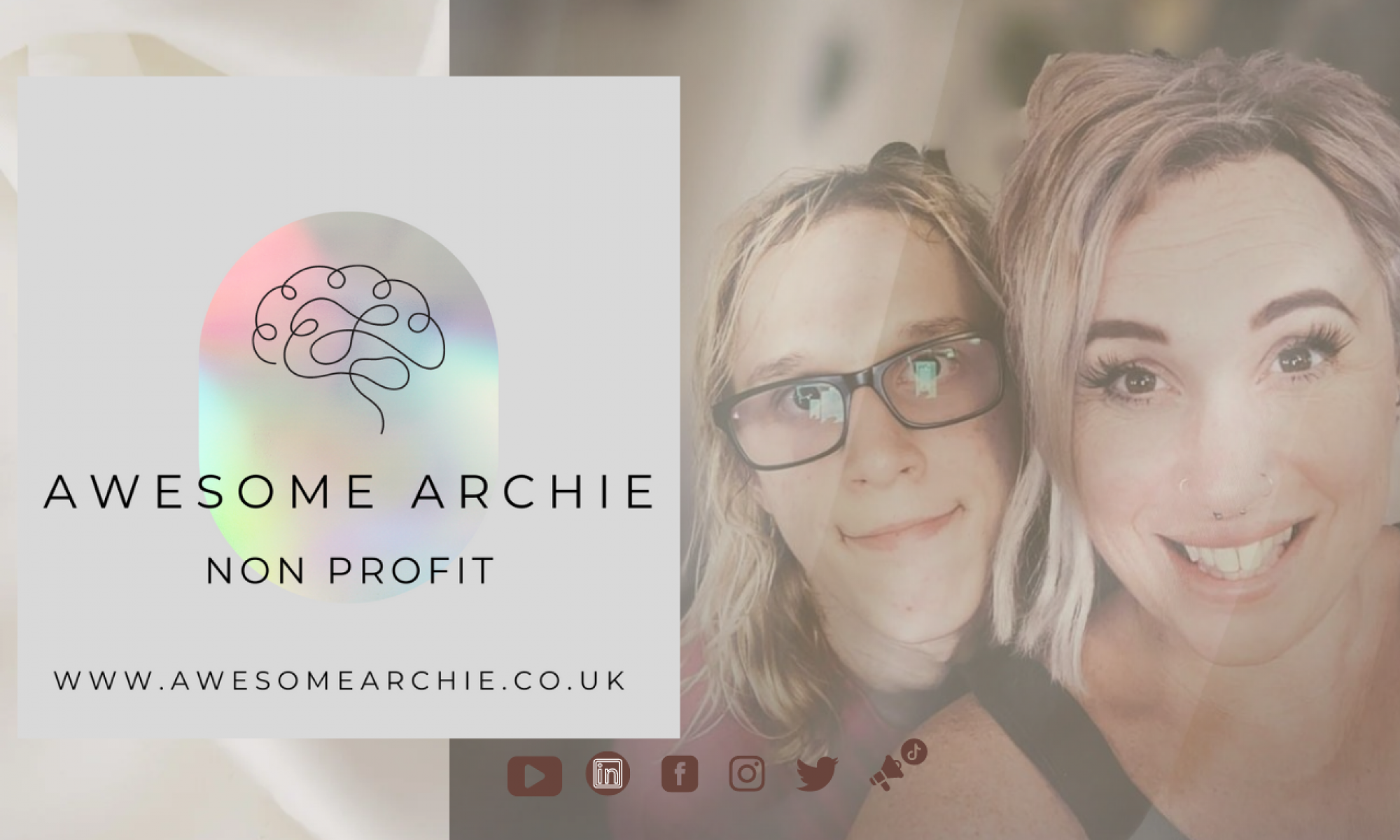This new academic year is another opportunity for me to learn more about kids differences. I am so blessed to work with a wide range of kids with differing needs. This time I am learning all about verbal Dyspraxia and delayed speech. I thought I’d share what I have learnt so far to see if it could help you 🙂
Verbal dyspraxia is a condition in which children have difficulty in making and co-ordinating
the precise movements needed to produce clear speech with their mouths; without
any signs of damage to nerves or muscles.
It is also commonly referred to as “childhood Apraxia of Speech”. Children with verbal dyspraxia will find it harder to produce individual speech sounds and to put sounds together in the right order in words. As a result, their speech is often a lot harder to understand. Imagine just how frustrating that must be!
Although it is speech that is mostly affected in verbal dyspraxia, children can also have
difficulty moving their mouths, lips and tongue for things like eating and can sometimes
find it hard to co-ordinate their body movements. It can be diagnosed by a speech and language therapist alone, although often a paediatrician and/or an occupational therapist will be involved in reaching such a diagnosis.
Here are some certain features within a child’s speech that they may look for before diagnosis.
A limited range of consonant and vowel speech sounds.
Overuse of one sound (favourite articulation)
Inconsistent production and unusual error patterns
Breakdown in sequencing sounds in words, particularly as the length of words
increases.
Fine and gross motor co-ordination/development.
Delayed speech.
Every child develops at his or her own pace. But if your child isn’t talking as much as other children of the same age, there could be an underlying difference. IT IS OK, there are so many people to help you if this is your situation.
A speech and language delay is when a child isn’t developing speech and language at an expected rate. It’s a common developmental problem that affects as many as 10% of preschool children.
Your child may have a speech delay if they aren’t able to do these things:
- Say simple words (such as “mum” or “dad”) either clearly or unclearly by 12 to 15 months of age
- Understand simple words (such as “no” or “stop”) by 18 months of age
- Talk in short sentences by 3 years of age
- Tell a simple story at 4 to 5 years of age
There are many reasons for why you child has speech delay but I see it most frequently in kids with ASD.
Living in a bilingual home also may affect a child’s language and speech. The child’s brain has to work harder to interpret and use 2 languages. So, it may take longer for these children to start using one or both languages they’re learning. It’s not unusual for a bilingual child to use one language for a while.
How is a speech and language delay diagnosed?
Your doctor can help you recognize a speech and language delay. They will ask you what you have heard and can listen to your child’s speech and check your child’s mental development.
Your doctor may refer you to other specialists to determine why your child isn’t speaking. For example, if your doctor thinks your child may have trouble hearing, they may refer your child to an audiologist for a hearing test. This is a licensed health care professional who treats hearing problems.
The take home for me from this barrage of new information is DO NOT PANIC! I think we are all terrified when we notice that are child may not be developing in the way we expected, it’s scary but there is help!
If in doubt, call your DR and have a chat.
…now time for a coffee 😉
